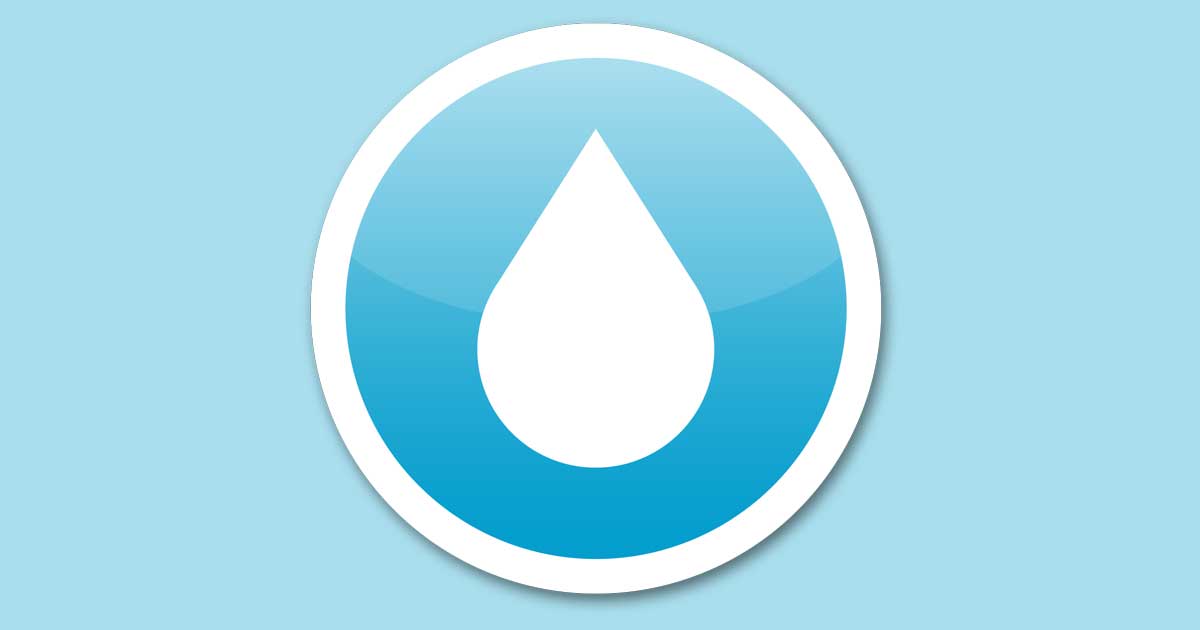To serve you better, we've assembled a list of our customers' most frequently asked questions. If you don't find your answer here, feel free to contact us.
How could I have used this much water?
You may not have - the numbers on your meter may have been transposed or hard to read. You could possibly have a leaky toilet or faucet that's difficult to detect. Just call the office and we'll work with you to solve the problem.
What do I do if I am experiencing low pressure?
Check your meter and the surrounding area for possible leaks. Next, call our office and report low pressure for your area.
Why is my water discolored?
A repair could have been completed recently allowing air to enter the line, causing the milky look.
What chemicals does our utility district add to the water?
Only chemicals that are approved by the National Safety Foundation for treatment of drinking water.
Is there a taste or odor? (Does it smell like a swimming pool?)
Taste and odor can be worse depending on the time of year and if the lake level is lower than usual. When certain types of algae blooms, there is very little that can be done to effect the aesthetics or palatability. Just be assured that the water is safe for human consumption. If you have questions just give the district office a call to request a water quality test be taken.
Why does debris come out of the faucet when running hot water?
Most likely your water heater needs to be flushed. CAUTION: Most manufacturers recommend hiring a professional to flush your water heater. If you plan on doing this yourself, read the owner's manual to keep from being hurt and or damaging the water heater.
Why do I have a previous balance when I know I sent in my payment?
We may have received it after the due date or we may not have received it at all. Call our office and we will help you solve the problem.
How is Combined Consumers SUD governed?
By a five member elected board.
How large is Combined Consumers Special Utility District service area?
Approximately 14.28 square miles or 203.9 miles located in Hunt, Kaufman, and Van Zandt counties.
How many customers does CCSUD serve?
Approximately 2669 active connections or a population of 8,460.
Is the water considered hard or soft?
Our water is considered hard.
What are CCSUD's future plans (expansion, construction, etc.)?
No plans for expansion in terms of gaining more territory. However, CCSUD is currently constructing a 250,000 gallon steel ground storage tank at the treatment plant that should be completed by middle of September 2006. Water lines have been upgraded in the Oakwood Park Addition off of Coit Road. It is planned to connect the private service lines to the new line this month and the first of next month. The district engineer is working on plans to upgrade water lines in the Shawnee Shores (west) subdivision.
Is the water usually clear or not (turbidity)?
This can depend on the weather if we are speaking in terms of the raw water or water from the lake before it's treated. The treated water is clear when it is sent into the water mains out to the customers. If there has been repairs to the water mains due to a leak the water on your private service lines could be cloudy due to air in the water and this should clear up rather quickly. If not contact the district office to have the lines flushed. If you have questions just give us a call at 903-356-3321.
Why must customers authorize a right of way easement?
The right-of-way easement permits the district authority to be on the property to maintain and upgrade water meter equipment and water lines.
Why should customers call for water line locates?
To avoid hitting the water lines and to avoid damage charges for cost of repairs.
What are its regional characteristics(for example, is the water extremely alkaline)?
No the water is not extremely alkaline. Combined Consumers SUD's goal is to keep the pH factor between 7 and 7.5.
Why did Combined Consumers convert to a S(pecial)U(tility)D(istrict)?
There are several reasons, the main one was to refinance the bond debt for half the interest rate (Was 8.9% now it is 4.1%). This will save the district several thousands of dollars that will now be spent on upgrading the filters and water lines.
What is the source of the water provided by your utility?
Surface water from Lake Tawakoni.
Where is the water stored (well, aquifer, reservoir)?
Ground storage and 1 elevated tower.
What are some of the water characteristics of the water my utility provides?
Our drinking water meets or exceeds all Federal (EPA) Drinking Water Requirements. When drinking water meets federal standards there may not be any health based benefits to purchasing bottled water or point of use devices. Drinking water, including bottled water, may reasonably be expected to contain at least small amounts of some contaminants. The presence of contaminants does not necessarily indicate that water poses a health risk. More information about contaminants and potential health effects can be obtained by calling the EPA’s Safe Drinking Water Hotline (1-800-426-4791).
Many constituents (such as calcium, sodium, or iron) which are often found in drinking water, can cause taste, color, and odor problems. The taste and odor constituents are called secondary constituents and are regulated by the State of Texas, not the EPA. These constituents are not causes for health concern. Therefore, secondaries are not required to be reported in the monitoring results document but they may greatly affect the appearance and taste of your water.
